

6 December 2022
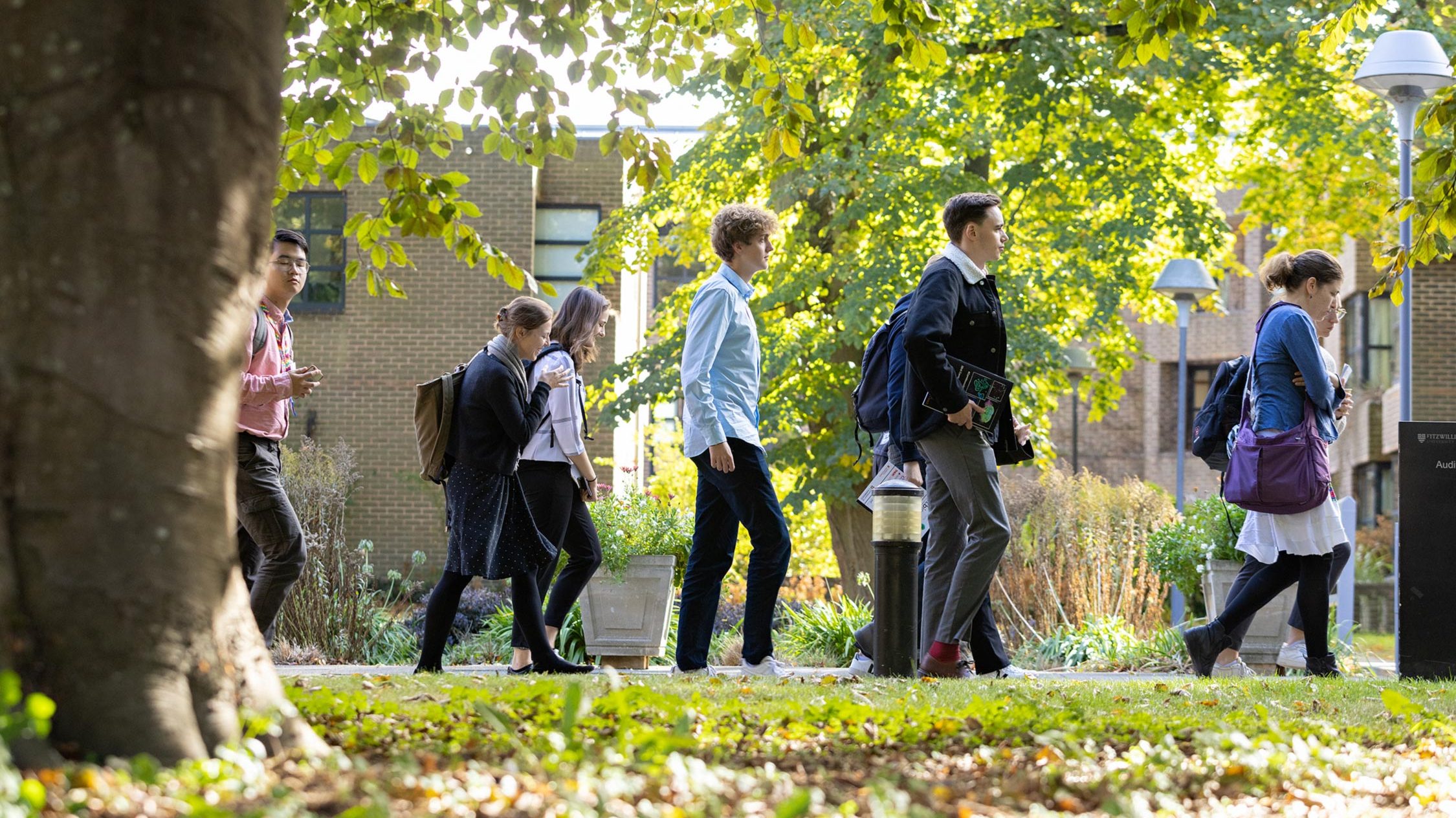 The 32nd Cambridge Neuroscience Seminar (CNS2022) was held on 29 September 2022 at Fitzwilliam College, University of Cambridge. This annual meeting brings together neuroscientists from across the University’s Departments to promote collaboration and strengthen the community. A Sustainable Conferencing Grant from The Company of Biologists helped the organisers to reduce the environmental impact of this year’s meeting.
The 32nd Cambridge Neuroscience Seminar (CNS2022) was held on 29 September 2022 at Fitzwilliam College, University of Cambridge. This annual meeting brings together neuroscientists from across the University’s Departments to promote collaboration and strengthen the community. A Sustainable Conferencing Grant from The Company of Biologists helped the organisers to reduce the environmental impact of this year’s meeting.
…
15 November 2022
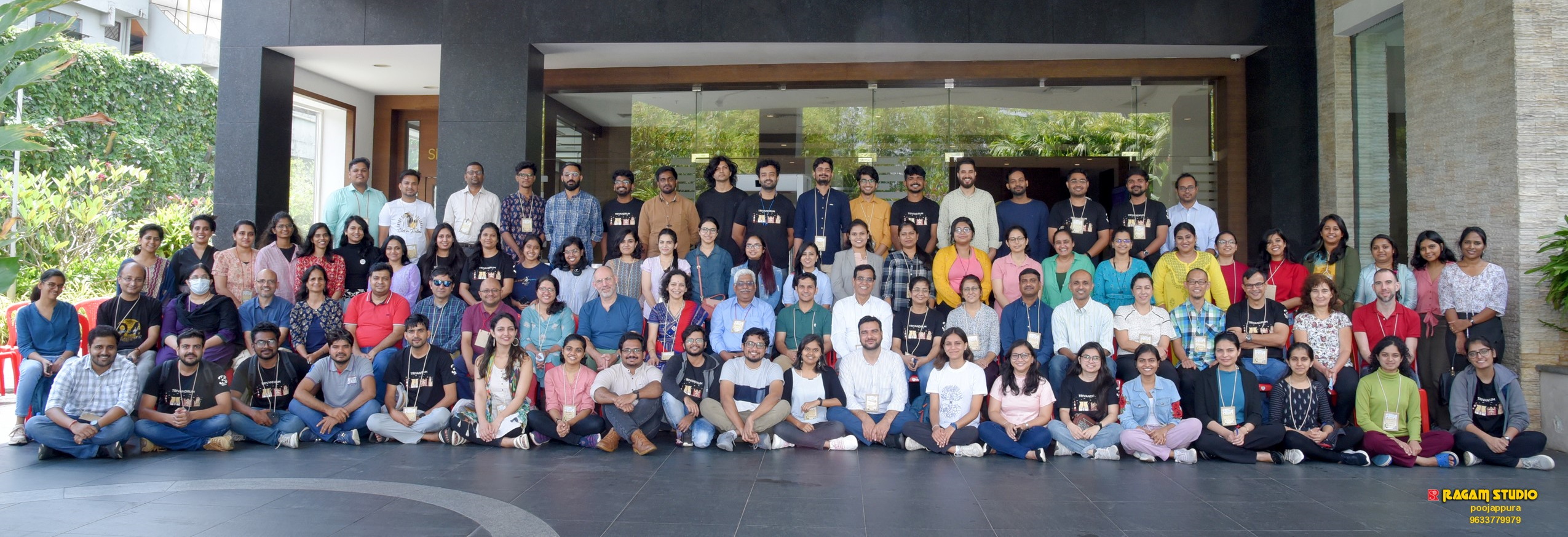 The third Indian C. elegans Meeting took place in Trivandrum, Kerala, from 27-30 September 2022. The programme featured a diverse spread of the latest research from the nematode community. This year, the meeting also had an environmental focus, with the organisers using one of our Sustainable Conferencing Grants to reduce the environmental impact of their event. …
The third Indian C. elegans Meeting took place in Trivandrum, Kerala, from 27-30 September 2022. The programme featured a diverse spread of the latest research from the nematode community. This year, the meeting also had an environmental focus, with the organisers using one of our Sustainable Conferencing Grants to reduce the environmental impact of their event. …

3 October 2022
Enthusiastic about science communication and looking for a chance to broaden your writing experience? The Node and FocalPlane are looking to appoint six correspondents who will volunteer to develop and write content for our community sites over the coming year.
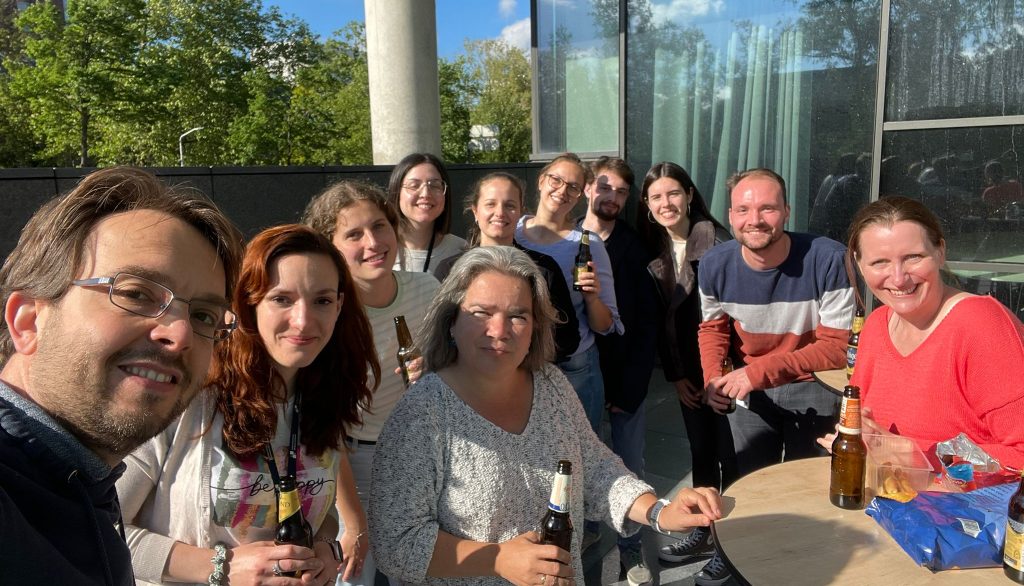
28 September 2022
The placenta plays a crucial role in human development by supplying the foetus with oxygen and glucose whilst removing waste products. However, when signalling from the placenta goes awry, mothers are at risk of developing an inflammatory condition called preeclampsia. Monika Horvat Merčnik, a student on the international PhD programme ‘Inflammatory disorders in pregnancy’ (DP-iDP), used a Travelling Fellowship from Journal of Cell Science to explore the interactions between placental endothelial cells and resident macrophages in this condition.

22 August 2022
Sally Lowell is a developmental and stem cell biologist at the University of Edinburgh, UK. “My group is interested in how cells build embryos and tissues, and how we can control the behaviour of these cells in culture,” she explained. She is particularly interested in the local ‘conversations’ that cells have when communicating with their neighbours, and how these local interactions can affect their fate within the developing embryo. Sally’s lab is developing tools to ‘listen in’ on the communications between cells. They are also investigating how differences in cell adhesion and tissue morphology can affect this communication.
30 November 2022
Written by Mohammadjavad Haghighatnia
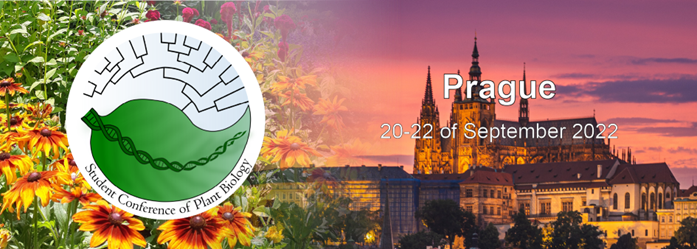 The first Student Conference of Plant Biology (SCPB) took place in Prague from 20-22 September 2022 with the motto “by students for students” and “sustainable conference”.
The first Student Conference of Plant Biology (SCPB) took place in Prague from 20-22 September 2022 with the motto “by students for students” and “sustainable conference”.
…
7 November 2022
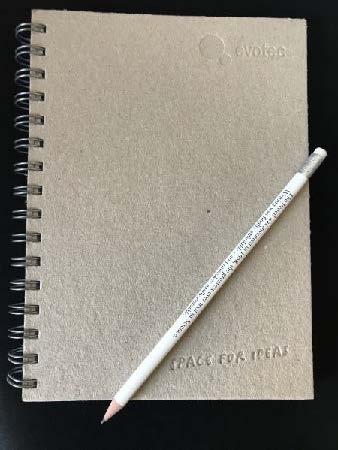
The fifth Brainstorming Research Assembly for Young Neuroscientists (BraYn) took place in Rome from 28-30 September 2022. The conference aims to bring together early-career neuroscientists for the purposes of networking, sharing expertise and promoting collaborations. …

30 September 2022
Peter Rigby is Professor Emeritus of Developmental Biology at the Institute of Cancer Research (ICR), London, an organisation that he led from 1999 to 2011. Peter began his career as a biochemist, and completed his PhD with Brian Hartley in Cambridge, where he studied enzyme evolution. He then moved to Stanford to work with Paul Berg, focusing his postdoctoral research on SV40, a virus that can transform its host into a tumour cell. “It was clear to myself and my peers that it was time to stop working on E. coli and to start working on eukaryotic cells,” Peter said, “and the only way to get inside the workings of a eukaryotic cell was by using viruses.”

26 September 2022
Romania’s Pike Lake is an important refuge for the wide variety of migratory birds that pass through it each year. This summer, it also played host to a community of neuroscientists who had gathered for the tenth edition of the Transylvanian Experimental Neuroscience Summer School (TENSS). Running from 1-21 June 2022, the course was partly funded by one of our Scientific Meeting Grants. …
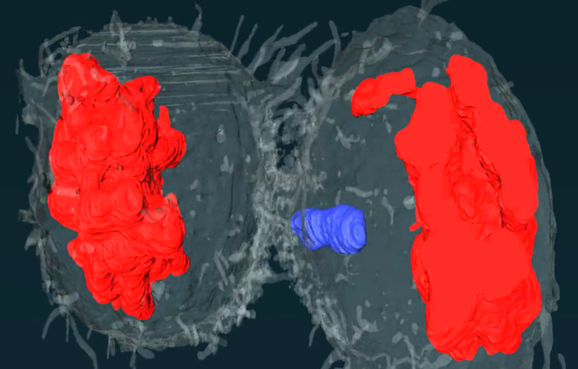
19 August 2022
The risk of developing a subtype of leukaemia known as iAMP21-ALL is amplified in individuals that carry the translocated chromosome rob(15;21)c. Connor Gilkes-Imeson used a Travelling Fellowship from Journal of Cell Science to learn 3D correlative light electron microscopy (3D-CLEM), a technique that he plans to apply in his studies of the kinetochore attachments that form at this mutated chromosome.
You must be logged in to post a comment.